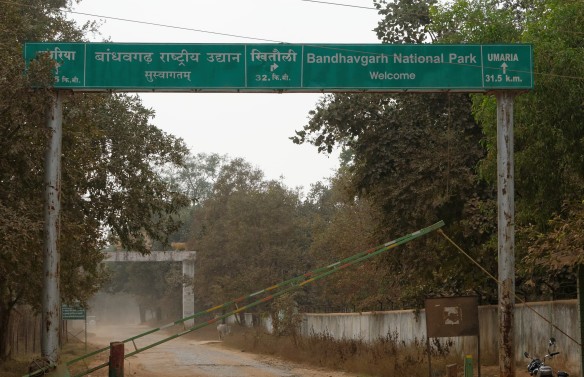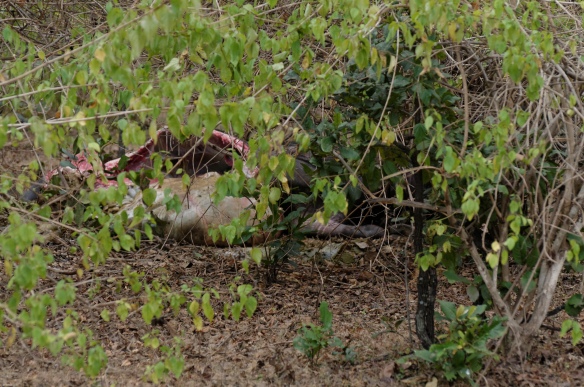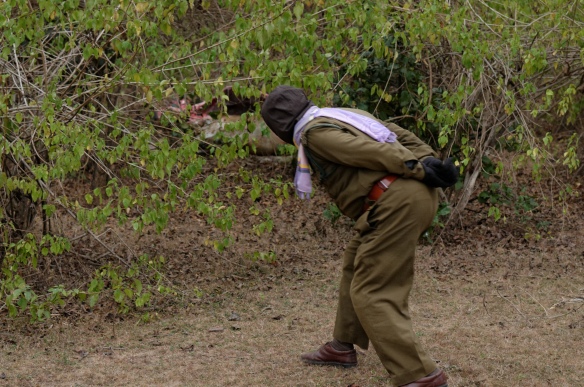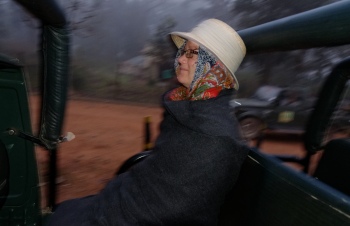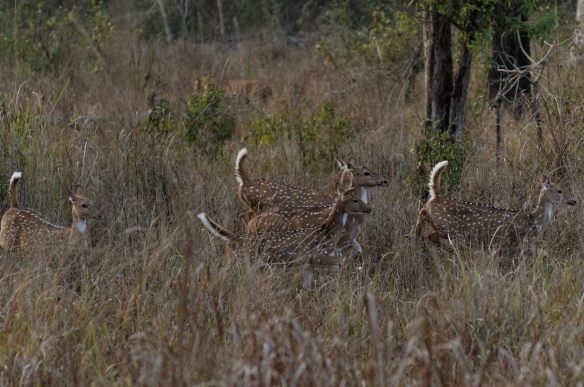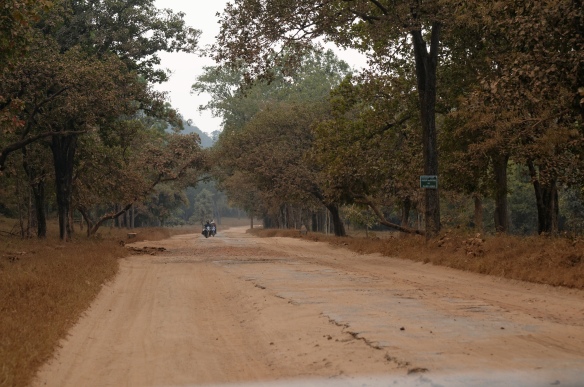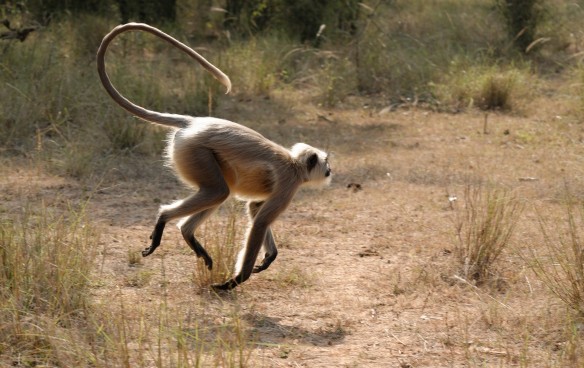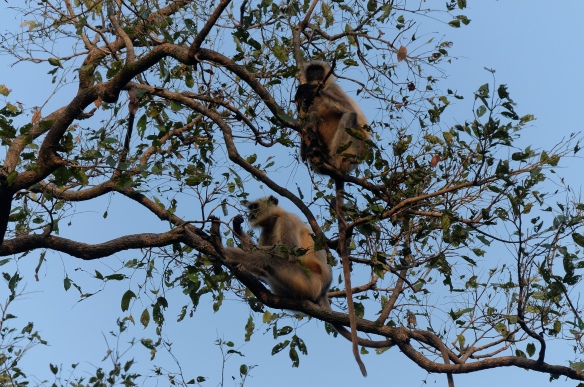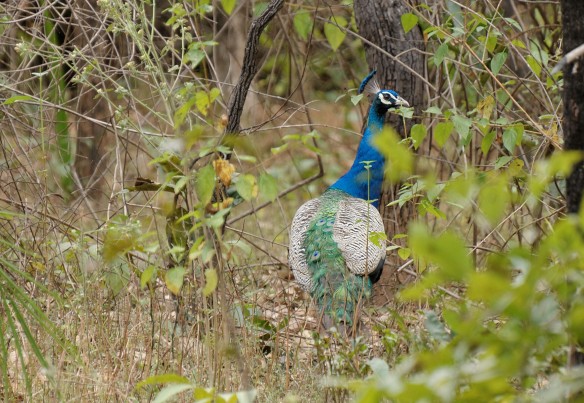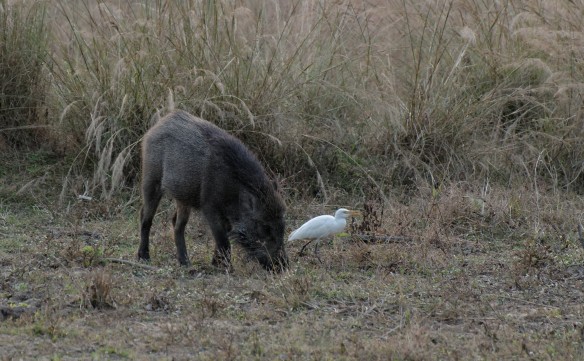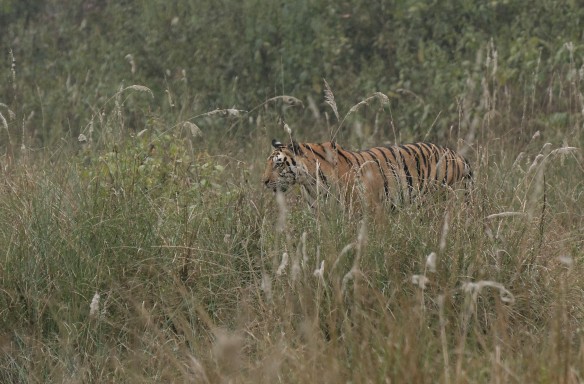Gabe was grateful that in all the years of his travels, no one had ever thought to inquire, “What’s the worst experience you ever had traveling? What’s the worst thing you ever witnessed?” The day he spent being witness outside of Krakow, Poland in the Auschwitz concentration camp was a terrible experience he never wanted to repeat. The atrocities humans committed against one another was beyond comprehension. And it wasn’t ancient history. It had happened in his parents’ lifetimes.
He could never understand the racism that had been involved. What could there possibly be in an identity or religion that would make someone want to wipe out an entire people? It was inconceivable to him, and he sent up a fervent thank you to whatever gods might be listening that this was so. No! There were some things he didn’t ever want to understand. Auschwitz broke his heart. Gabe cried his first adult tears sitting on a cold bench in front of an execution wall.
Sometimes for his month of travel he headed to the heat. He always had a loose theme to the four weeks, and one year it was ancient lost cultures.  He traveled through a region where jungle archaeologists were reclaiming entire cities from the undergrowth.
He traveled through a region where jungle archaeologists were reclaiming entire cities from the undergrowth.
 Gabe got up early and caught the local bus. He spent happy hours at the site, with satisfaction doing what he’d come to call connecting some of the dots. If the world were a large puzzle, a Pointillism painting, Gabe’s slow explorations gave him more of the pieces to the puzzle, more and more of the dots in which a picture was slowly emerging.
Gabe got up early and caught the local bus. He spent happy hours at the site, with satisfaction doing what he’d come to call connecting some of the dots. If the world were a large puzzle, a Pointillism painting, Gabe’s slow explorations gave him more of the pieces to the puzzle, more and more of the dots in which a picture was slowly emerging.
That day he made further connections in terms of ancient civilization, art history, and cultural contexts. Gabe was overly pleased with himself. He decided not to wait for the next bus to rumble past the ruins. 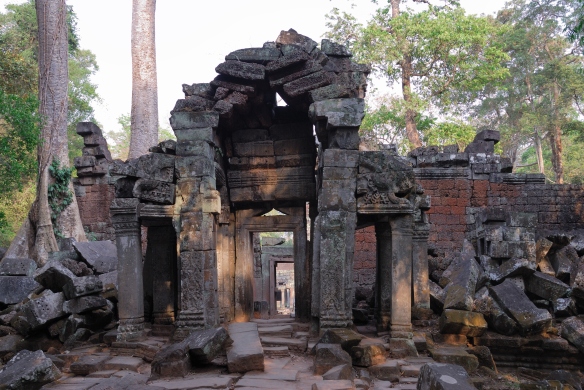
 Ignoring the rain clouds threatening the skies, he began the long walk back to his hotel in town.
Ignoring the rain clouds threatening the skies, he began the long walk back to his hotel in town.
Twenty minutes later Gabe knew he’d miscalculated badly. The rain clouds blew lower and closer in no time. At the halfway point, the storm broke. Gabe would get soaked if he kept on the road and equally as drenched if he tried to turn back to the bus shelter at the entrance road to the ruins. He pulled his rain jacket (a marvel that rolled up upon itself into a small ball with a carrying band) out of his little daypack and went on trudging, shaking his head at his own foolish optimism.
Potholes filled first, creating wet craters. Gabe got closer to town and the traffic increased, the wheels of old cars and carts churning the rest of the street into ruts. In less than ten minutes the single dirt road turned to roiling mud. It rained even harder, hard drops that fell in steady, monotonous sheets. Gabe moved over closer to the shoulder away from the biggest vehicles. He had to share the edge of the muddy street with other people on foot, vendors pushing carts covered with folds of plastic cloths or sheets of cardboard, and bicycles and motorbikes.
The rest of the traffic converged in the center of the street, trying to find spots that hadn’t yet vanished into a river of wet earth. A motorbike with a family on the back passed Gabe. The father drove slowly, trying to keep the bike from tilting over into the stream. His wife sat behind him with her arms around and underneath the clear plastic rain poncho her husband wore; a small boy perched, balanced in the seat behind her. He was wedged between the woman and the sacks of potatoes and peppers lashed to the rear of the motorbike.
There was a blare of arguing horns and out of the storm a jeep appeared. Sheets of rain obscured the view. The jeep driver headed alarmingly fast down the direct center of the road, his horn louder as the jeep got closer. When it was near enough people could see it was a government vehicle, and everyone moved over to the sides of the road to let it by.
Before anyone could grasp the danger the jeep was upon them. The driver kept one hand pressed on the horn as people scrambled in the mud. Gabe watched in horror as the motorbike with the family hit a pothole. The father put out a frantic foot trying to brake, but it was too late. The motorbike went over on its side. His body disappeared under water and the jeep ran over his leg.
People screamed for the jeep to stop but it never even slowed down; the driver now had both hands jammed on the horn and his foot on the gas pedal. He continued determinedly on down through the river of mud. Gabe could reach out and touch the bumper as it rushed by, it was so close.
The jeep was swallowed up in the sheets of rain and only the victims and witnesses remained. The jeep hadn’t carried any license plates and even if he had seen one Gabe was kilometers away from a police station. Who was he going to report to? All he could do was try to help the man who’d been run over. At least it had only been his booted foot, and that had been down in the pothole; maybe the man wasn’t hurt too badly.
Gabe turned back to the sodden street as rain rushed down his face and over his rain slicker. Through the damp he saw the fallen figures. The blare of the jeep horn faded, and a human voice’s wail began to compete with the sound of the waters crashing from the opened skies. Other voices joined the first one.
The traffic swerved around the center where people had gathered in a loose circle. Gabe moved closer and the driver dragged himself away from the fallen motorcycle. The man was limping, but he was up on his feet.
The motorcycle was already half buried by mud washing up over and against the frame in fast moving spurts; the bags lashed to the back of the bike had broken open. Lumps that had to be potatoes lay in the stream, some of them slowly rolling away in the force of the moving rainwater.
But the pair ignored the tubers and didn’t try to gather them back up. They huddled over another one of the sacks in the road as they wailed. Gabe tried futilely to push the water from his eyes. He shook his head to clear it, and then he saw the injured man and his wife were sitting in the mud as they held the body of their son. He lay like a broken toy, like a rag doll, small limp limbs dangling from his parents’ cradling hands.
The circle of people standing around them gently lifted the couple and half carried, half walked them over to the useless safety of the field at the side of the road. Gabe bodily lifted the damaged motorbike and carried it out of the street. Determinedly everyone moved back in the river that had been a road and collected potatoes. They ignored the blares of cars trying to navigate around them. They picked up the last of potatoes and the burst sack and returned them to the hapless parents.
Gabe thought, Where’s the nearest hospital? His next thought was the sad realization that a local hospital was probably located next to the nearest police station: a hundred kilometers away in the next city. A clinic, he thought desperately. But the country had no money for health services, and only Bread for the World and Doctors without Borders had any kind of a presence in the region. Gabe couldn’t speak any of the local languages and he had no training in anything more than the most rudimentary medicine.
Despairing, knowing there was nothing more he could do to help, Gabe resumed the harder trudge back towards the center.
□
Alone back in his hotel room, he drank to get blind drunk. Whether his eyes were opened or closed he saw the broken doll body of the undernourished child, the grief on the faces of the child’s parents. Worst of all was realizing his own helplessness to do anything whatsoever. There was nothing he could have done that afternoon to change the outcome and nothing he could do now. Gabe cried, for the first time since the visit to Auschwitz years earlier. They were bitter tears that refused to stop coming. Gabe was as unable to halt them as he was to halt the rains still falling outside of his room in the shabby hotel.
No one ever asked him, What’s the worst thing you’ve ever seen traveling? Gabe knew it was the rainy day, the motorbike with a family riding on the back. What’s the worst thing you’ve ever seen traveling? If asked he wouldn’t have answered, because he carried the pain of that memory too close to his heart. It stayed alive and refused to fade. The worst thing he ever witnessed remained dangerously in real time, on a wet road between towns without names. It created a place of secret despair and awareness that the world was not a place of entirely benevolent forces.
It became his most closely held secret. Despite the sad knowledge, or perhaps because of it, Gabe determined to live as if the opposite might be true. That experience was seminal, one that defined who he was as a human being, in the inner place where his heart really beat.
– from my short story “Waiting” in Broken In: A Novel in Stories. Available online at amazon.com, amazon.de, and amazon in countries everywhere.
Go to my earlier post 2,000,000 Wrinkle-lipped Bats for more of Gabe’s travels.
(All photogaphs can be enlarged by simply clicking on the image.)
More pictures from our trips to Mexico and Cambodia, and of Uwe’s photography, may be viewed at viewpics.de.
Like this:
Like Loading...
